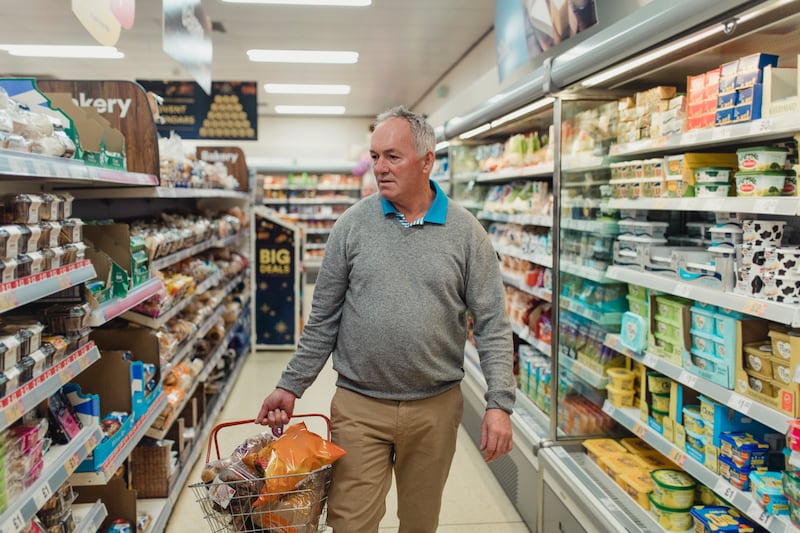THE Northern Ireland grocery market saw sales drop by 6.8 per cent in the year to February according to latest data from retail analysts Kantar.
It came against a backdrop of supply chain pressures pushing up the cost of living, with shoppers keeping a watchful eye on supermarket price rises.
Northern Ireland grocery price inflation stands at 1.9 per cent over the latest 52 week period, though this figure is expected to rise in the coming months.
Emer Healy, senior retail analyst at Kantar, said: “With the majority of Covid-19 restrictions now lifted, people are really making the most of eating and drinking out in restaurants, pubs and cafés.
“As a result, sales over the latest 12 week period dipped by 6.4 per cent. We also saw a 7.8 per cent decline in the volume of items in shoppers’ trolleys, and the number of trips to stores dropped by 2.5 per cent.
“A return to offices and busier routines has also meant sales of home cooking ingredients like flour, sugar and cake mixes declined by 16.1 per cent as shoppers struggled to find as much time to cook from scratch as they did this time last year.”
Tesco maintained its position at the top of the table and is Northern Ireland’s largest grocer with a 35.7 per cent share of the market. While its sales dropped by 5.3 per cent, it boosted its market share by 0.6 percentage points this period.
Lidl is the only retailer to achieve growth over the past year and holds 7.1 per cent of the market. It also grew its market share by 0.6 percentage points.
Asda’s share rose by 0.2 percentage points to 16 per cent while Sainsbury’s holds 16.9 per cent of the market in the north.







